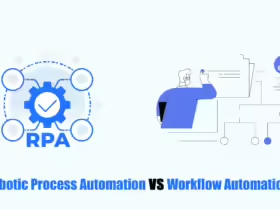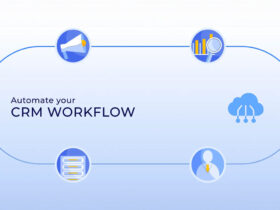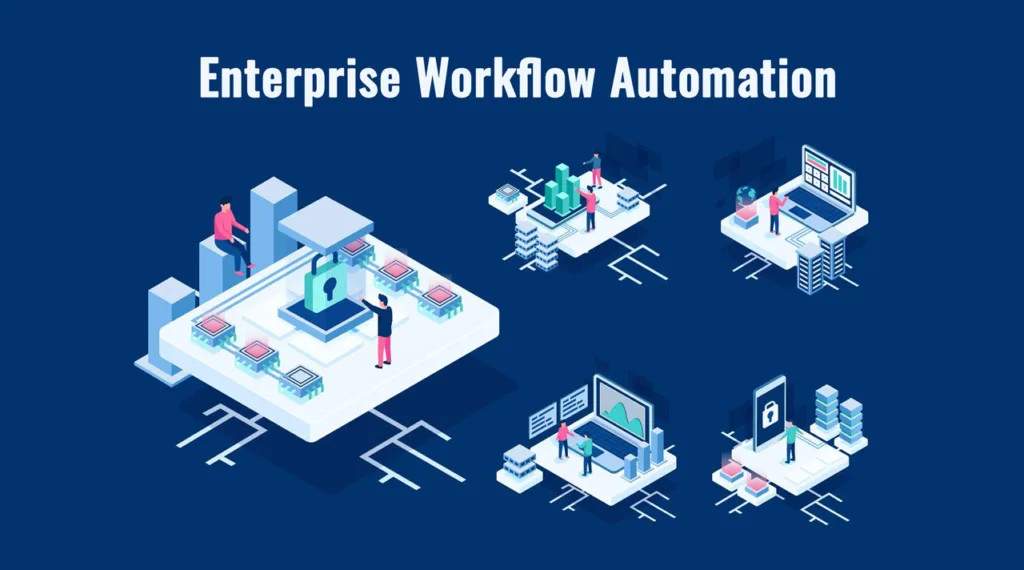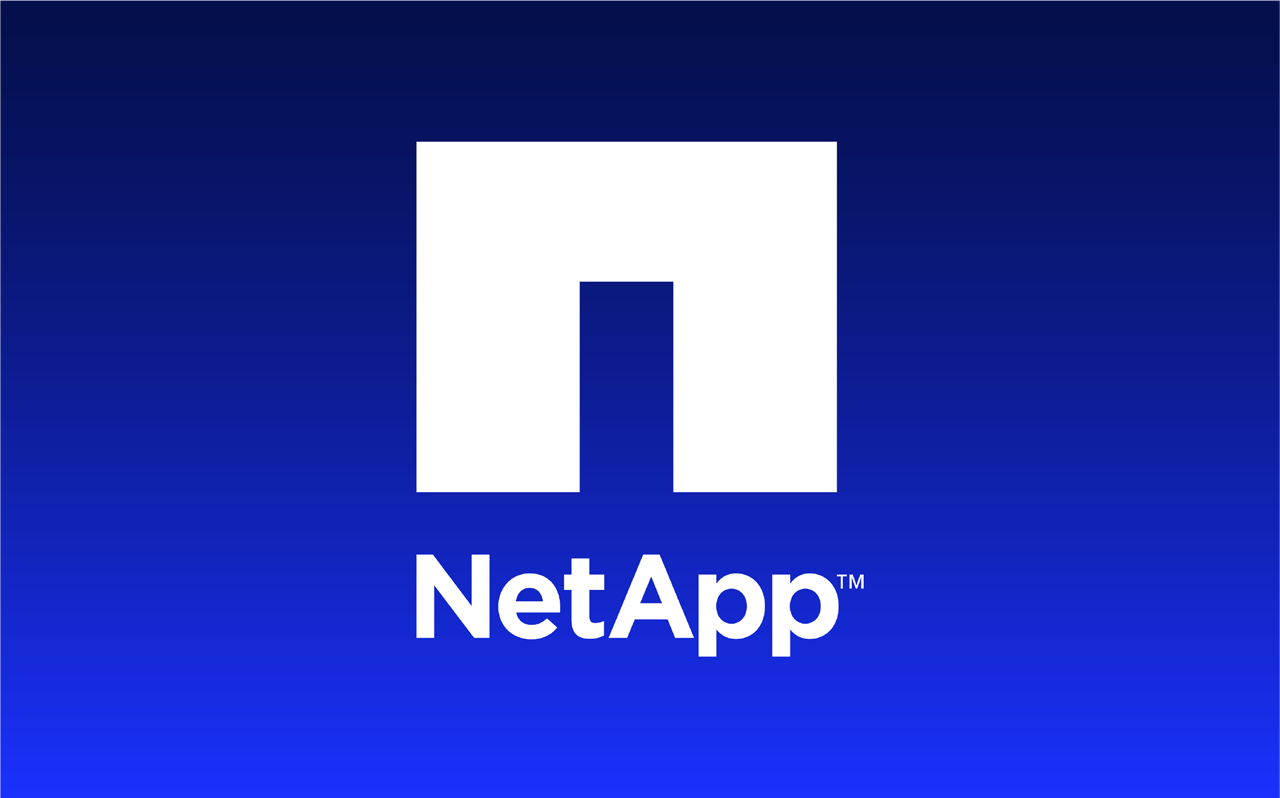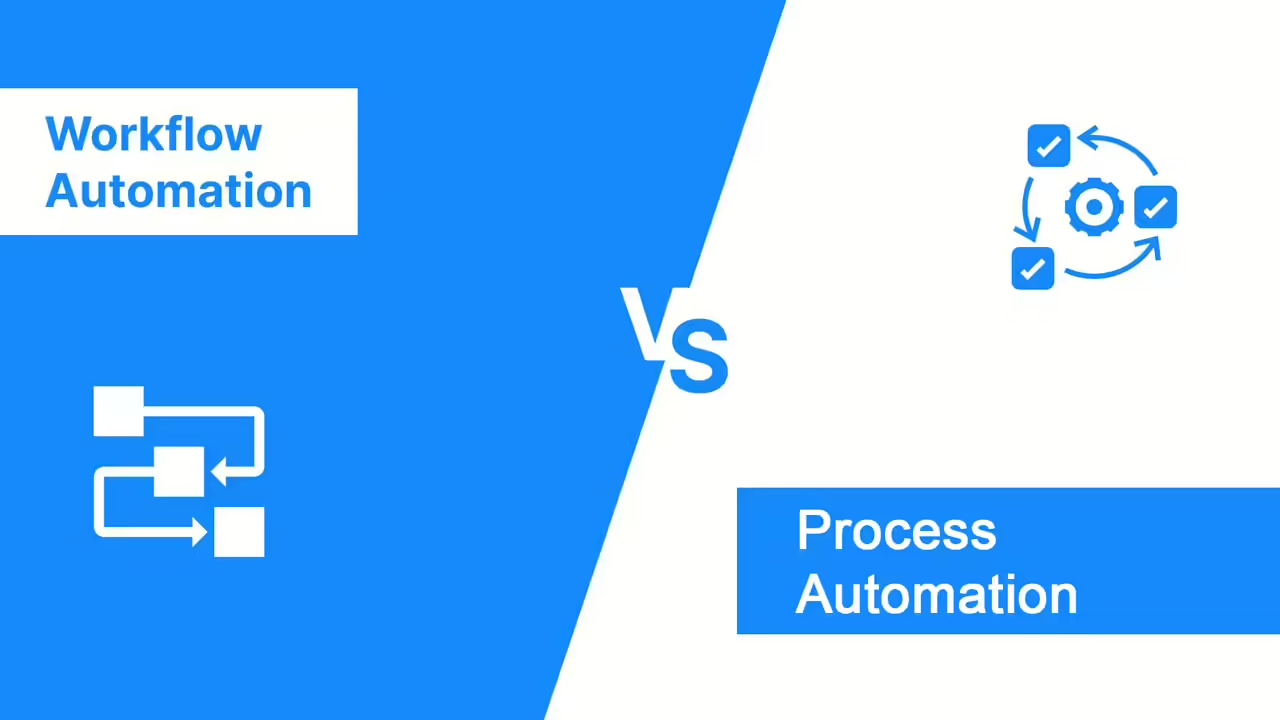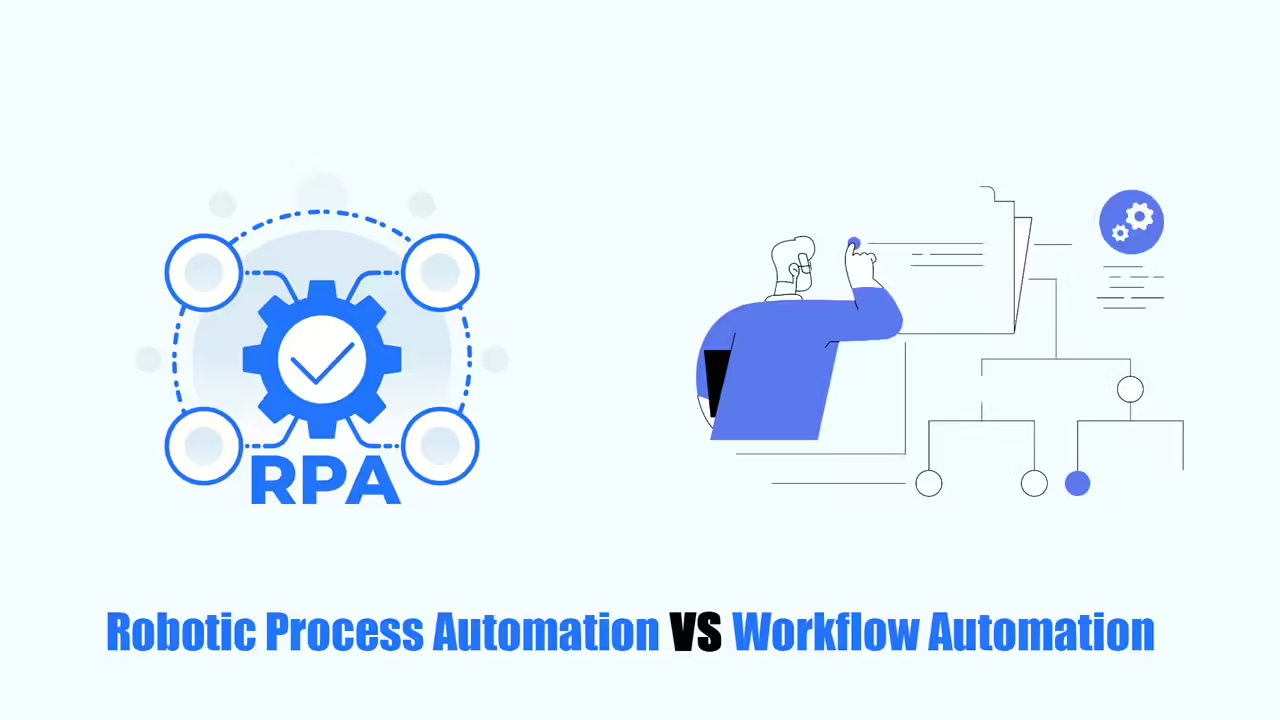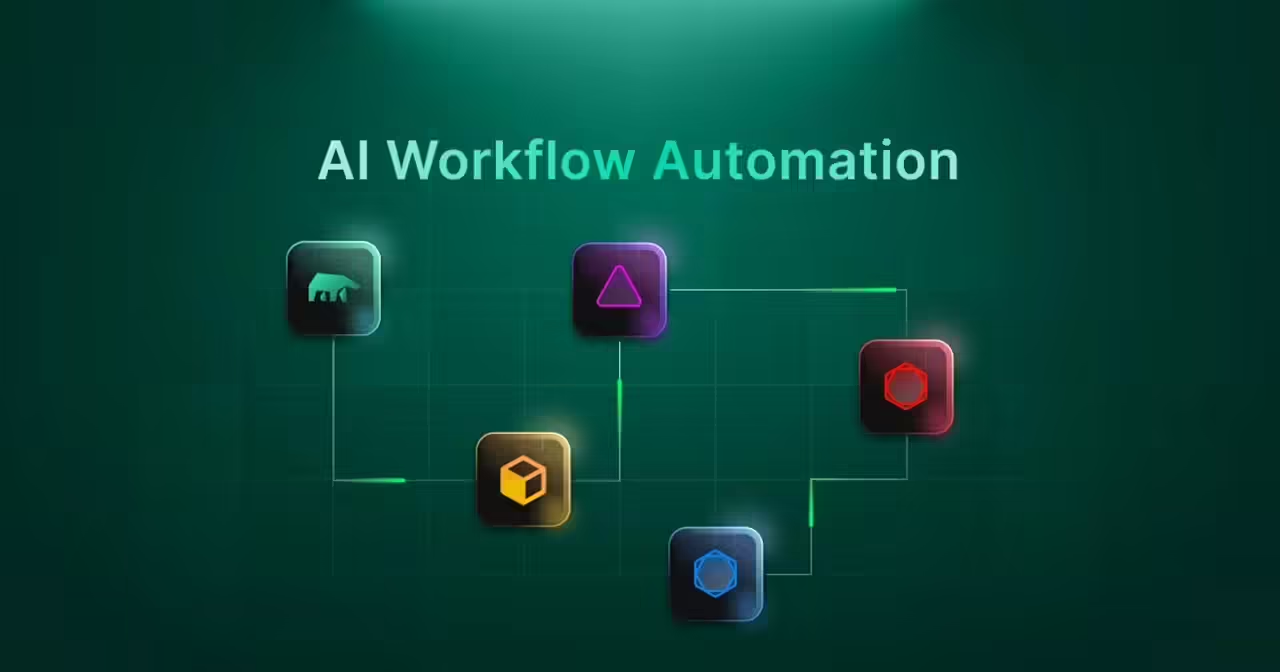In 2024, many businesses are interested in Enterprise Workflow Automation and want to find suitable software to improve and upgrade their company.
The reason for this trend is that many companies have applied workflow automation. As a result, they succeed in improving work performance and promoting collaboration between departments. Since then, workflow automation has emerged as an important tool.
The workflow automation software market has grown rapidly, offering many options. To give you a better look, I’ll introduce you to some of the top contenders, including our platform, RPA CLOUD. Let’s explore!
What is Enterprise Workflow Automation?
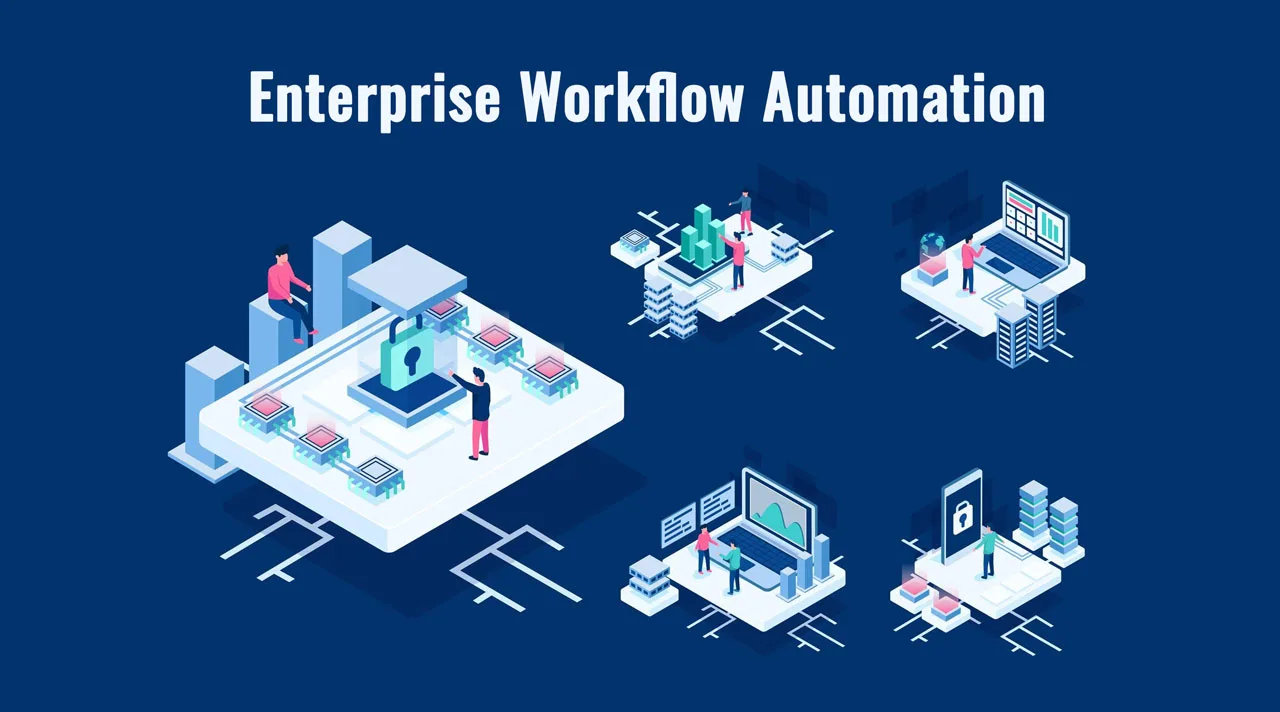
Workflow automation leverages software to streamline tasks and processes, eliminating the need for manual intervention. This approach not only accelerates completion but also enhances accuracy, consistency, and efficiency.
Enterprise workflow automation takes this concept further by extending automation across the entire organization. It involves applying workflow technology to multiple departments and teams, thus transforming a wide array of business processes.
By adopting enterprise workflow software, businesses can achieve several key benefits:
- Standardization: Processes and procedures are unified, ensuring more predictable and consistent outcomes.
- Optimization: Opportunities to streamline workflows and improve connections between processes become apparent.
- Collaboration: Communication silos are broken down, fostering unity among divisions, departments, and locations.
- Efficiency: Manual and repetitive tasks that hinder productivity are automated.
- Risk Reduction: Errors and duplicate data entry are minimized, leading to a more reliable and secure workflow.
With workflow automation, companies and organizations achieve a major change in their business operations. It helps improve efficiency and good collaboration and reduces error rates, ultimately contributing greatly to their success in the industry.
What to Look for in Enterprise Workflow Automation Software?
When selecting automation software, it’s crucial to choose a solution that aligns with your specific process automation and management objectives. There’s a diverse range of options available, each with varying features.
Key features to consider in enterprise workflow automation software include:
- Low-code Automation: Enables rapid scaling of automation and process enhancements without the need for coding expertise.
- Intuitive User Interface: Empowers business users and citizen developers to take control of automation without compromising agility or security.
- Built-in Audit Trails: Provide comprehensive visibility and accountability at both the process and task levels.
- Forms and Portals: Centralize and standardize request management, data collection, and documentation processes.
- Dashboards and Reports: Facilitate the identification, monitoring, and management of process metrics, business KPIs, and potential cost and time savings.
- Integrations: Allow seamless connection with existing tools and systems, ensuring smooth orchestration of business operations.
- IT-approved Customization: Offers options like member and permission management to safeguard sensitive information while maintaining flexibility.
Enterprise Workflow Automation Tools
Below are the best enterprise workflow automation software that I want to showcase for you. Let’s find out!
Pipefy
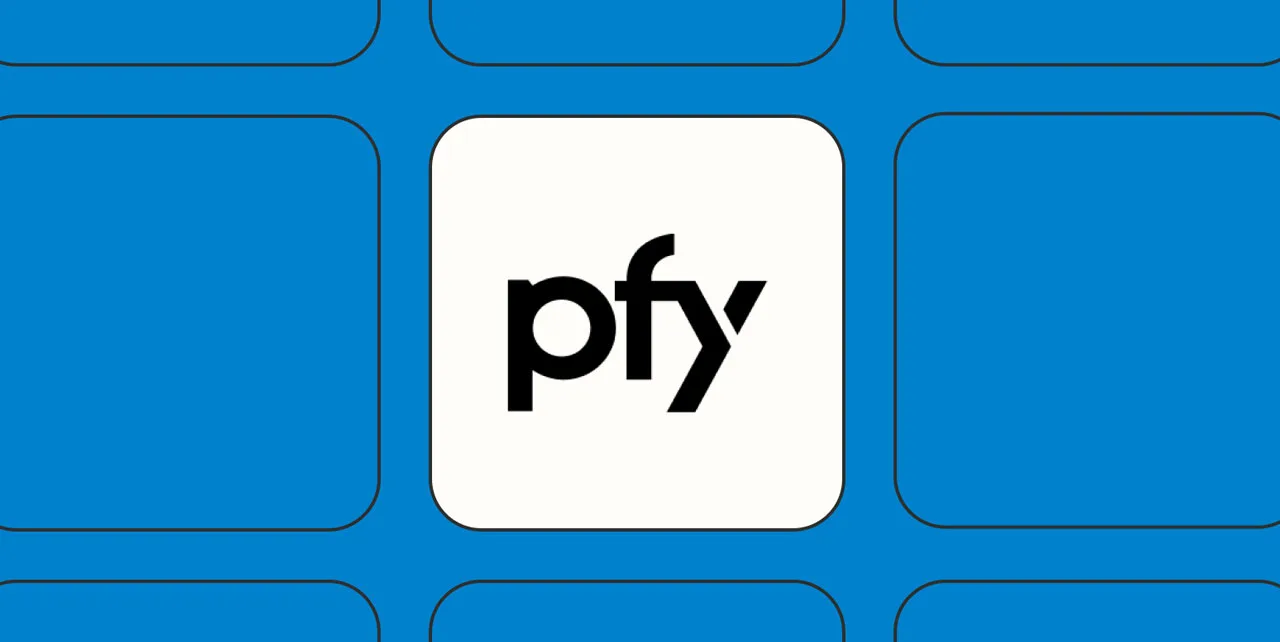
Pipefy stands out as the premier choice for teams seeking automation software that eliminates disarray, enhances collaboration, and maintains stringent security standards. Its low-code functionality strikes a balance between agility and IT control, ensuring that both business users and IT departments are satisfied.
With Pipefy, users can effortlessly visualize, create, and automate workflows across various departments and teams, making it a versatile solution for diverse business processes. It particularly excels in streamlining intake processes and request management.
Beyond its user-friendly interface, Pipefy boasts exceptional customizability and adaptability. It seamlessly integrates with existing software and applications, providing a unified platform for managing workflows.
Furthermore, Pipefy empowers teams to maximize the value of their current tools by breaking down silos and automating processes that other systems can’t handle. It comes equipped with features like forms, portals, task automation, document generation, and comprehensive reporting, enabling data-driven decision-making.
Kissflow
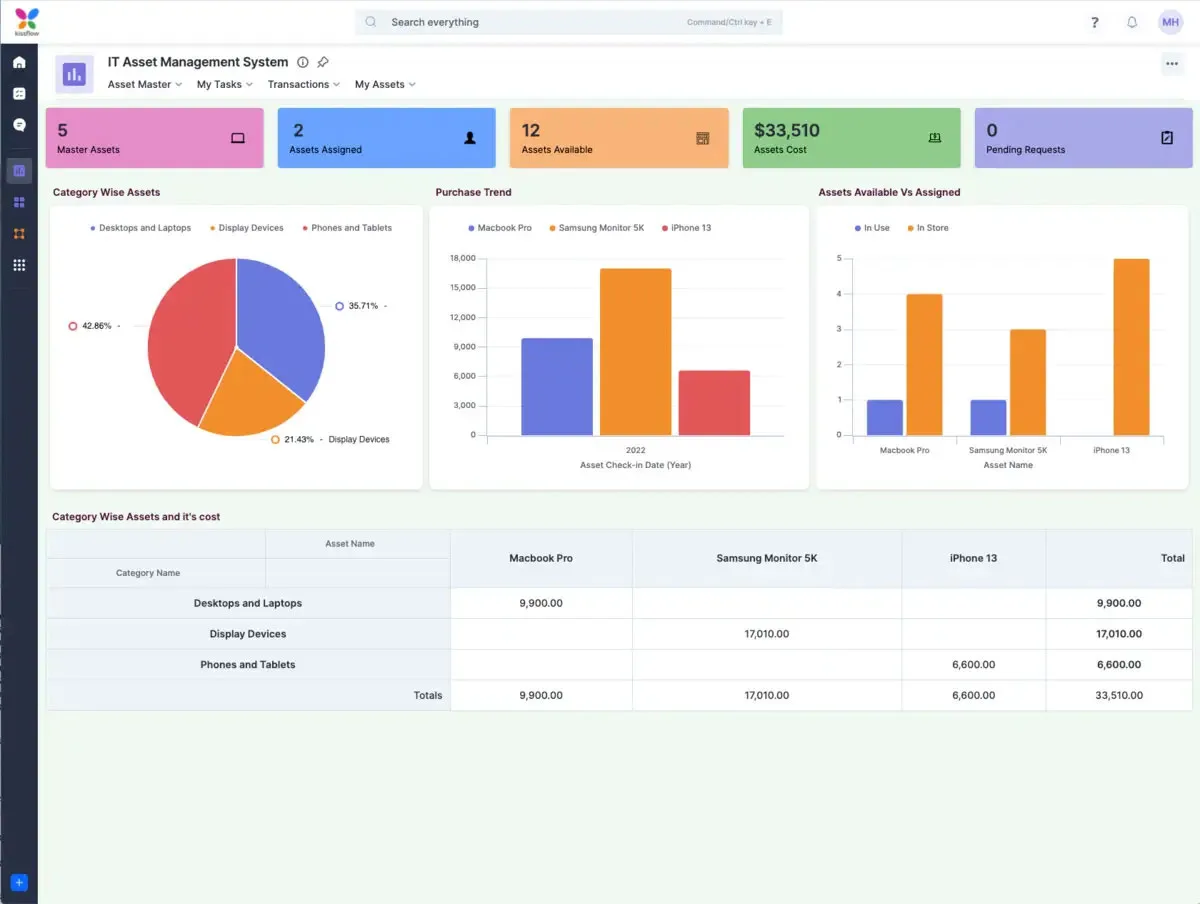
Kissflow is a flexible low-code enterprise workflow automation platform. It allows users to create custom applications to streamline each company’s business processes without requiring coding knowledge.
It provides users with various features, including workflow automation, smart forms, and project boards. Besides, to help visualize and manage complex workflows, collaboration tools for seamless teamwork, in-depth analytics for data-driven insights, and integration with other systems to enhance functionality.
Integrify
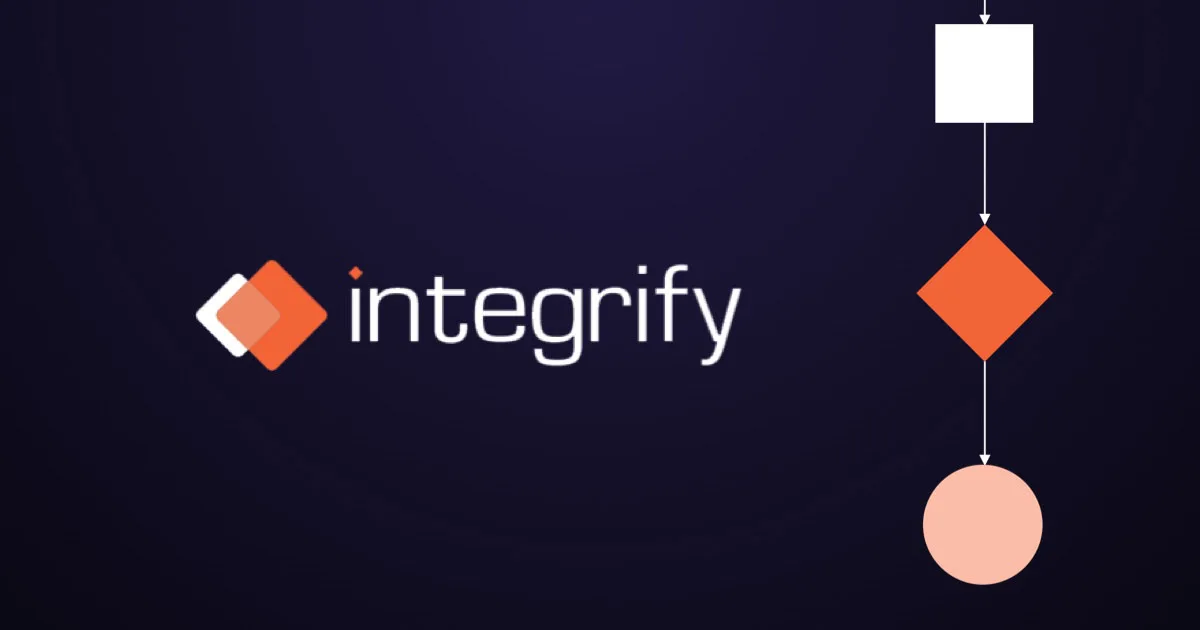
Integrify is a low-code enterprise workflow automation tool that empowers users to efficiently manage, design, build, automate, and enhance their process workflows. By leveraging a visual interface and intuitive drag-and-drop functionality, Integrify enables the creation and customization of workflow solutions without extensive coding knowledge.
This versatile platform finds applications in various scenarios, including approval flows, document routing, process building and reporting, and comprehensive workflow automation, making it a valuable tool for streamlining and optimizing business operations.
Low-code enterprise workflow automation software is a great enabler for companies to create and automate workflows in a streamlined way. From there, they can have more time, reduce costs, and improve collaboration, communication and increase customer satisfaction.
Read more:



